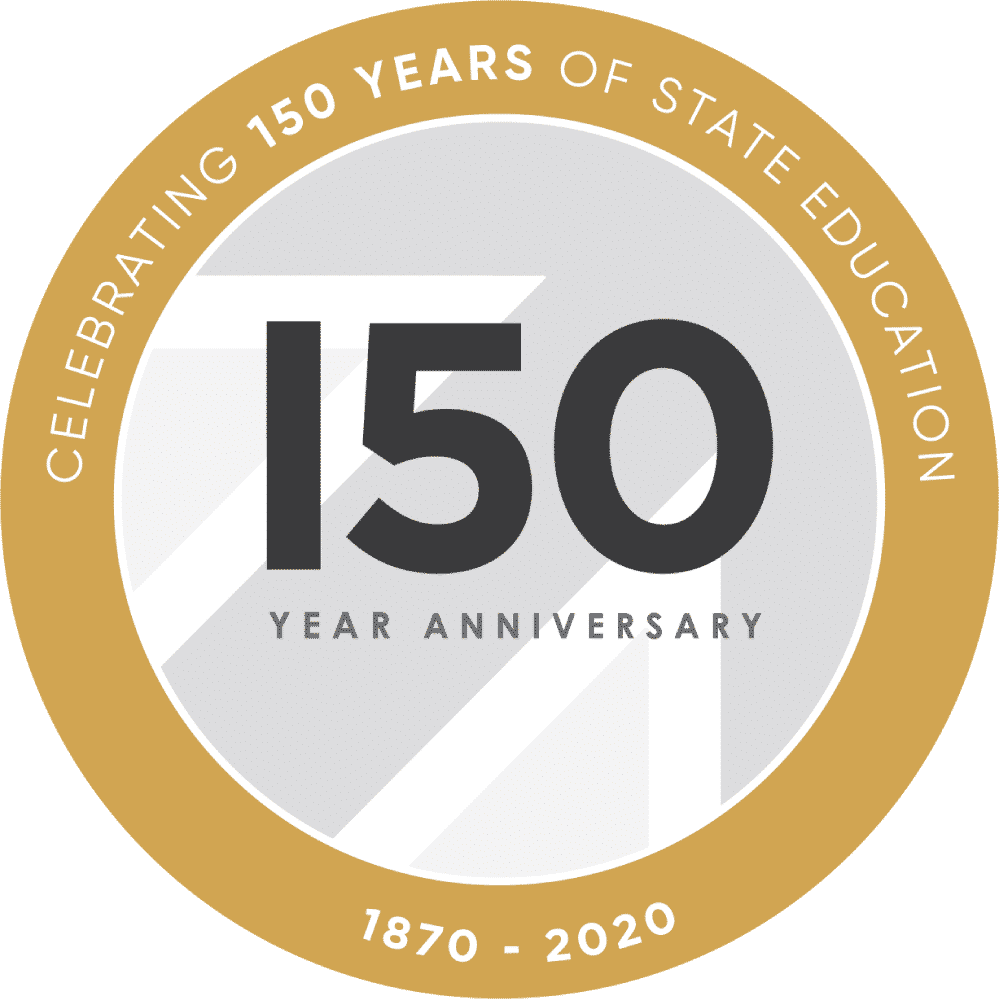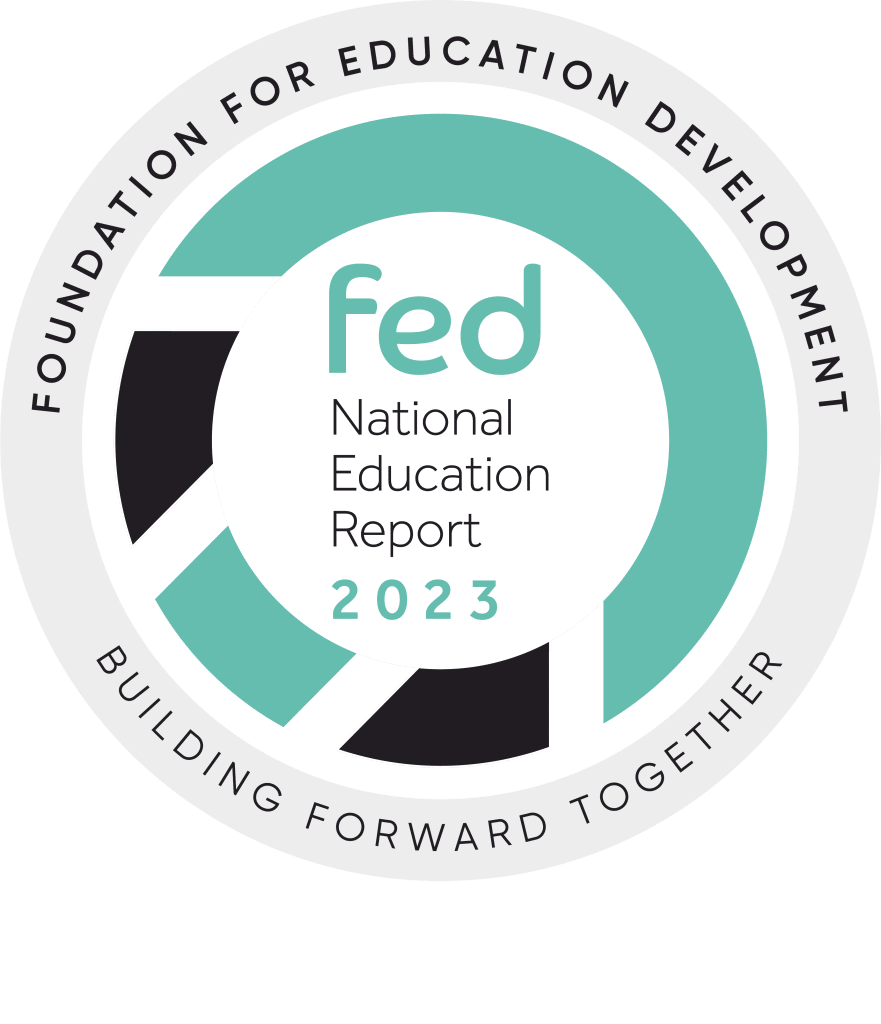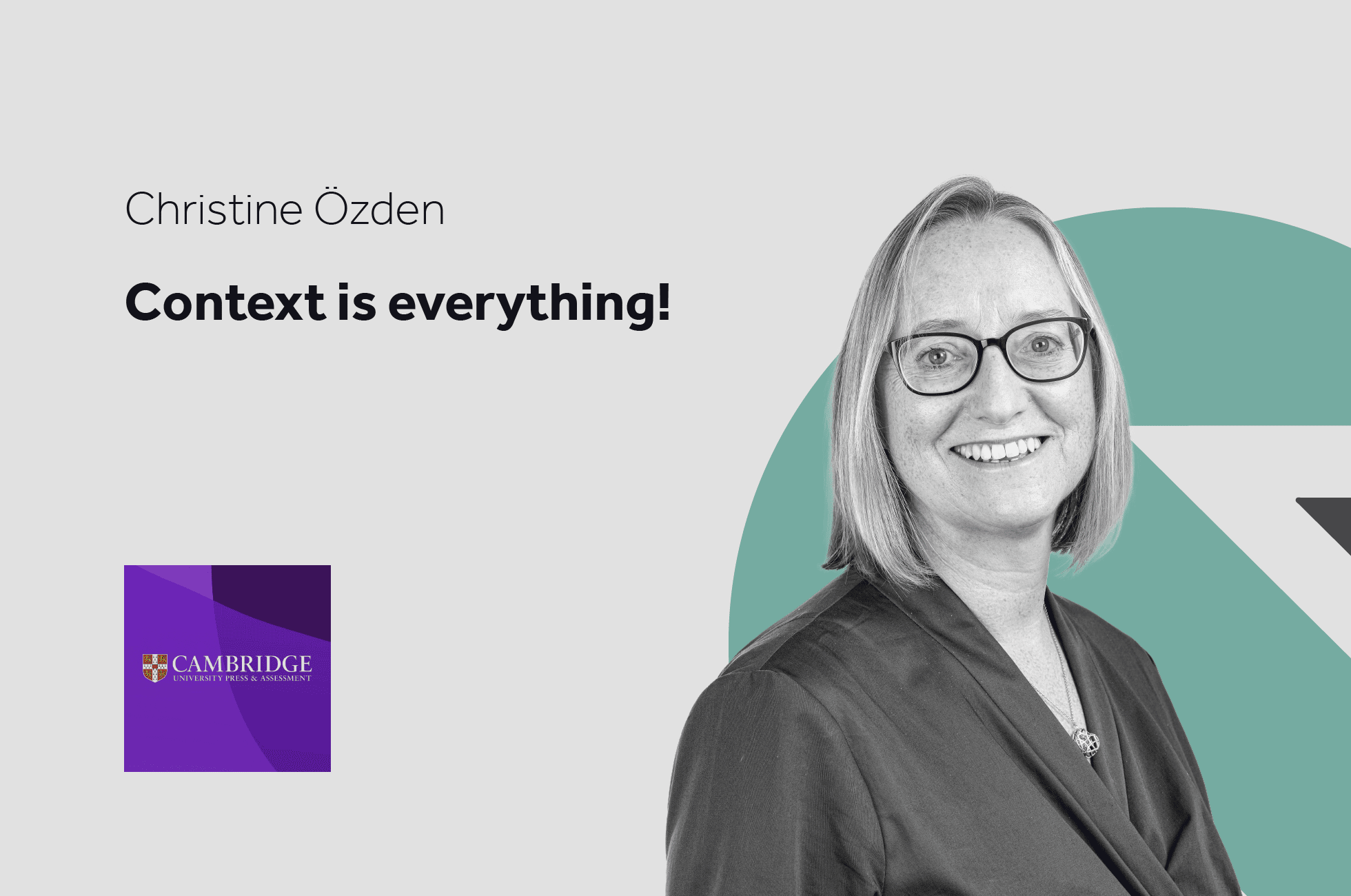As part of our The Foundation for Education Development’s Climate Change & Sustainability Steering Group Workshop, we asked members of the Steering Group and FED Learners Council to share their reflections on the 24 consultation on the discussion.
In this think piece, Christine Özden, Global Director, Climate Education, at Cambridge University Press & Assessment, shares her reflections. Christine took up the role after almost 4 years as Chief Executive of Cambridge Assessment International Education. She is a member of the Environment Governance Board of Cambridge University Press & Assessment, and also sponsors the colleague-run Environment & Sustainability Network.
Context is everything!
At Cambridge University Press & Assessment we recognise the climate emergency as one of the most pressing issues in the world today. Through education we believe we have the responsibility and capability to be part of the solution and this belief underpins my newly created role: to make our best impact through our education programmes, publishing, assessment and research.
I was delighted to be able to join The Foundation for Education Development’s (FED) Climate Change and Sustainability Steering Group workshop and meet with a range of other education professionals.
It felt a fitting context for the event: St George’s House at Windsor Castle. The castle has stood the test of time and seen through climate differences such as the mini-ice age (Britannica[1]) and now into global warming. St George’s House is also a place with a stated aim to nurture wisdom through dialogue – just what we needed!
Our immediate task focused on plans to develop a toolkit to support the delivery of climate change and sustainability education within schools in England. What should be included and what not, exploring curriculum mapping, resources, pedagogical approaches, an evidence base, teacher training, and a sound rationale as to why it matters.
In the conversations at the workshop, as in my new role with other organisations globally, I heard the challenge of the sheer overwhelming nature of the topic and the difficulty this poses for teachers and schools. Where do we start? The FED’s ambitions to enable discussion around long terms challenges to help find long term solutions aligns with our own at Cambridge. But, the road to a long term plan is paved with short term goals and outputs – we had 24 hours within which to achieve!
My biggest takeaways from the generous dialogue with expert colleagues (who it was a pleasure to work with) were:
Action and accountability
Just as the FED believes that Education has a vital role to play in a future that is confident, optimistic and prosperous, so this work needs to be framed in confidence and hope, whilst being honest about the dangers to our planet. Remarks of representatives of the FED Learners Council kept returning to the emotional challenges of knowledge inputs at schools without links to agency and action.
We talked also of the importance of our young people to understand what their limits are. This chimed with my recent engagement with coaches working with school-aged children to discuss climate change and the need to stress that our young people are not responsible for saving our world. A fundamental question posed was whether we’re asking too much of education when much of the change needed is broadly societal, beyond the brief of schools.
Getting some perspective
We focus often and understandably on what appears to be missing, such as in the taught curriculum that we are implementing within our educational settings. But, while we can’t always change what we interact with, perhaps we can more easily change how we approach it, through pedagogy, and through aspects of the “hidden” curriculum such as school ethos.
No one perspective is the same; we all look through different social, cultural, even geographical filters. Those filters sometimes set us apart; they sometimes curiously unite us. Hearing about a school on the Norfolk coast 350 metres away from the sea, which has a visible daily reminder of the impact of climate change on coastal communities globally, made the discussions I am privileged to be part of with the Ministry of Education in the Maldives feel much closer to home. I felt, on reflection, there is much wisdom to be shared from the Maldives’ Fehi Madharusa (Green Schools) work, which is built on the pillars of eco-literacy, environmental stewardship and climate prosperity.
Context is everything
The considerations around climate change and sustainability education are familiar in many ways in terms of a context we are working in: how, when and where it is best to focus on building what knowledge, skills, understanding and ways of thinking.
Because we have different perspectives, diversity is also important. Climate change and sustainability education needs to reflect the climate-related experiences of and threats to different communities, and observations were made that this steering group could also be more diverse.
Critical thinking was called out as a skill that is more needed then ever in this context of mis-truths and multiple truths.
In the UK, and elsewhere in the world, the current context of schools is one of stretched funding and resources, an energy crisis and ongoing pandemic-related challenges of learning loss and behavioural shifts. Finding time, when faced with these immediate pressures, to think about the existential risk of climate change and how to “teach” it becomes perhaps more daunting.
This work around climate change and sustainability education must align to the context of what matters and is significant for schools. And it matters because it’s about making future lives better and how our young people and wider school communities feel.
So, how did we get on with our toolkit? We made great progress in discussion of the potential components or contents with the help of expert inputs and insights from members of the steering group. The discussion reminded us to consider the assumptions we are making in the work, and the risks inherent in the task, not least that of duplication of good work that already exists to support schools. What struck me most is the determination and capability to build a really credible toolkit to support teachers with delivering climate education.
This echoes all the positive conversations I’m party to with educators around the world who really want to get this right. We all know that this is a significant journey and that most important within that are those first steps … and a brilliant action plan!
My thanks to FED and members of the Climate Change and Sustainability Steering Group.
[1] Rafferty, John P. “What Was the Little Ice Age?”. Encyclopedia Britannica, 3 May 2017, https://www.britannica.com/story/what-was-the-little-ice-age Accessed 8 December 2022.



